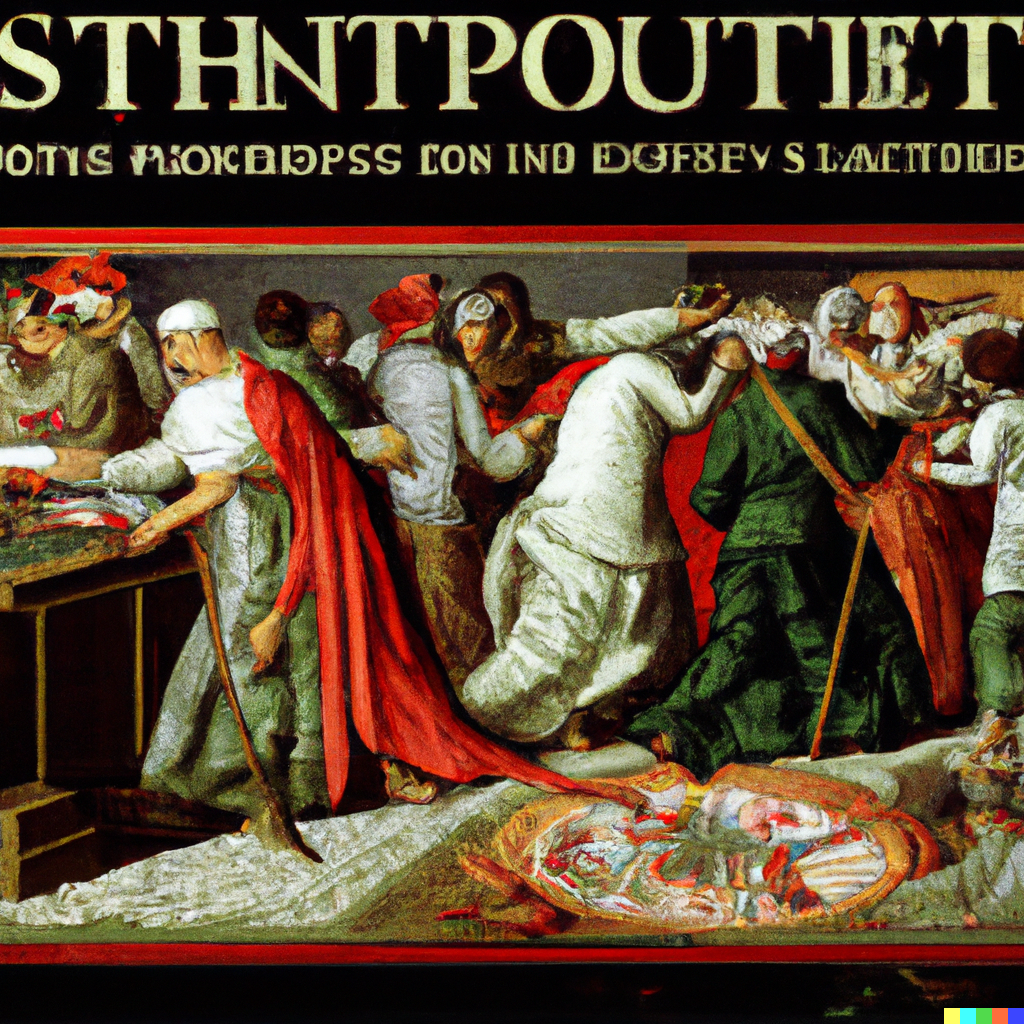«Science is increasingly a team activity, and the size of the teams has been growing. At the same time, there are concerns about an increasing rate of pathologies in science. The growth of team science suggests the need to look beyond individual-level explanations and focus on organizational structures and institutional contexts to explain pathologies in science. Drawing on the literature on organizational pathologies, we argue that division of labor may be a key factor contributing to pathologies in science. Furthermore, we examine the effects of high-stakes incentives and of institutional corruption as additional predictors of scientific pathologies. Using retractions as an indicator of pathologies, and drawing on a matched sample of 195 retracted papers and 349 paired papers that were not retracted, we develop indicators of the division of labor in the team that produced a paper and find that the rate of retractions is higher as the division of labor increases (net of team size). Additionally, we find that high-stakes incentives and institutional corruption are also associated with increased retractions. We conclude with a discussion of the implications of these findings for science policy, in particular for organizing team science projects.»
Walsh, J.P.; Lee, Y. & Tang, L. (2019). Pathogenic Organization in Science: Division of Labor and Retractions. Research Policy, 48(2), 444-461. https://doi.org/10.1016/j.respol.2018.09.004
